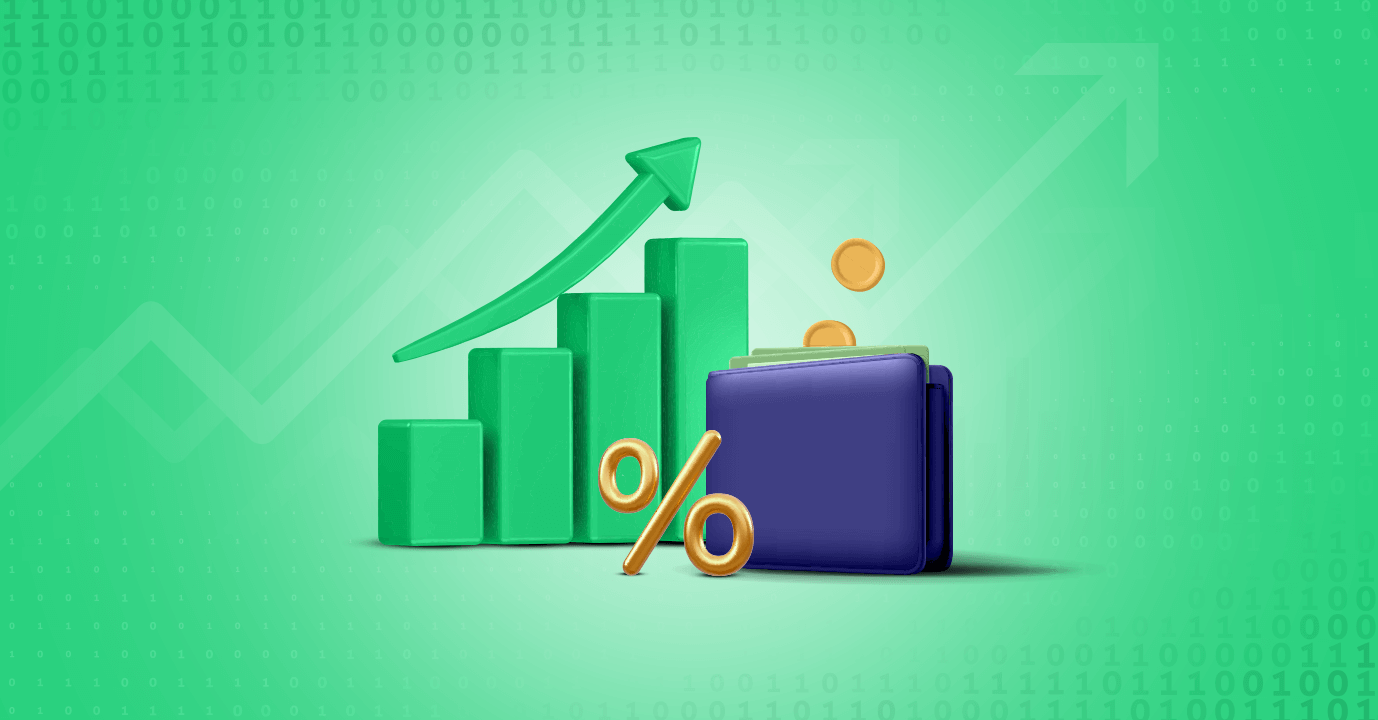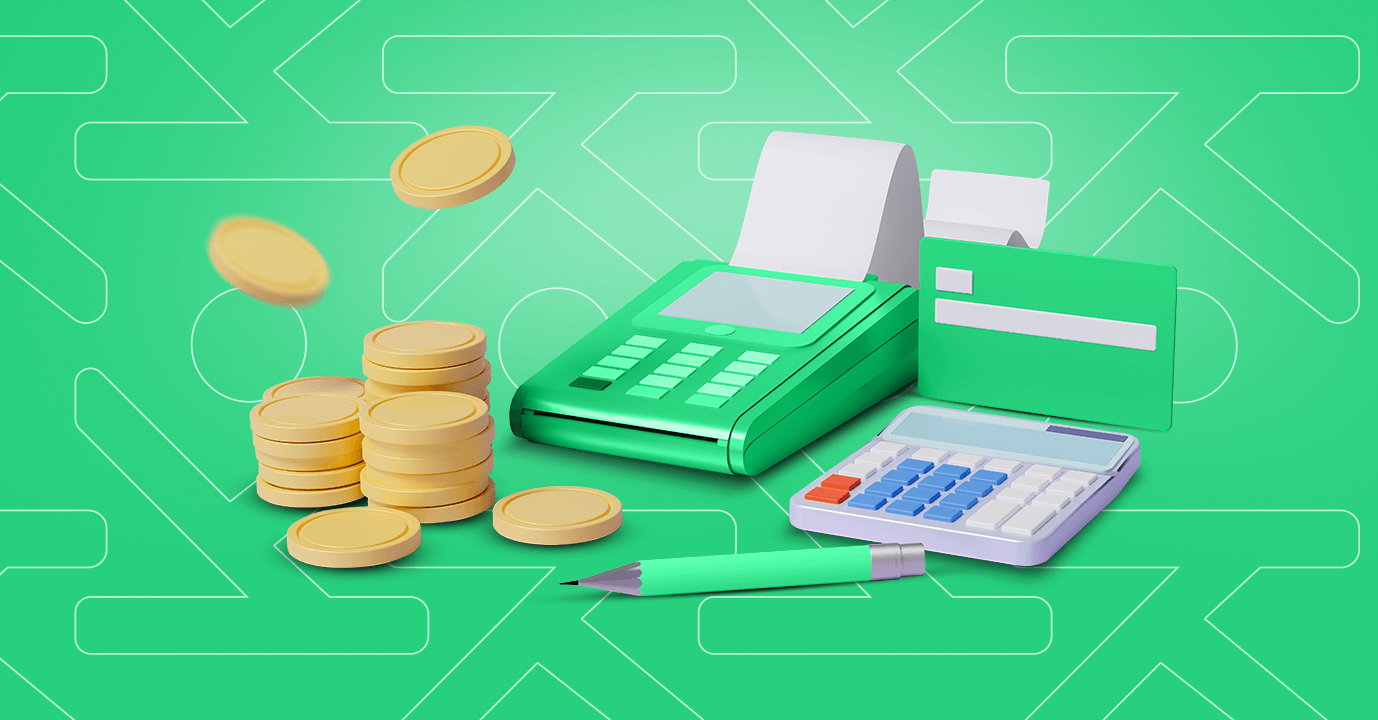What is a credit score?
Credit score, also known as credit score or credit score, is a numerical value obtained as a result of the analysis of all financial transactions between customers and financial institutions and banks. For reference; Finance, real sector and individuals use this credit score. For many years, it has been an important reference note that credit providers have used as a reference when examining the financial situation of individuals and organizations before granting loans to their customers and when calculating credit risk.
How is credit score calculated?
The credit score is formed by the ratio of various components by Findeks. Even though the ratio of the components changes periodically and new factors are added, it is determined within the scope of the 5 main headings listed below. Therefore, these headings can always be taken as the basis for credit score evaluation.
| Loan Payment Habits | 35% |
| Current Account and Loan Debt Status | 35% |
| Newly Received Loan | %11th |
| Credit Usage Density | 10% |
| Other Factors | 9% |
How is credit score affected?
Positive Factors
In order to increase your credit score and see the positive effects, you need to pay your installments on time. Early payment, which is a common misconception, does not have as significant an effect as it seems. Just pay on the regular day. Making the minimum payment amount specified on your credit card account statement has the same effect as paying off your entire card debt. Because there is a certain payment amount expected from you on a certain date and you have made it.
Negative Factors
- Loan and/or Credit Card Payment Habit (failure to make loan installment payments and/or credit card minimum payments).
- Current Debt Status
- Credit Usage Density
- Credit Card and/or Overdraft Limit Excess










